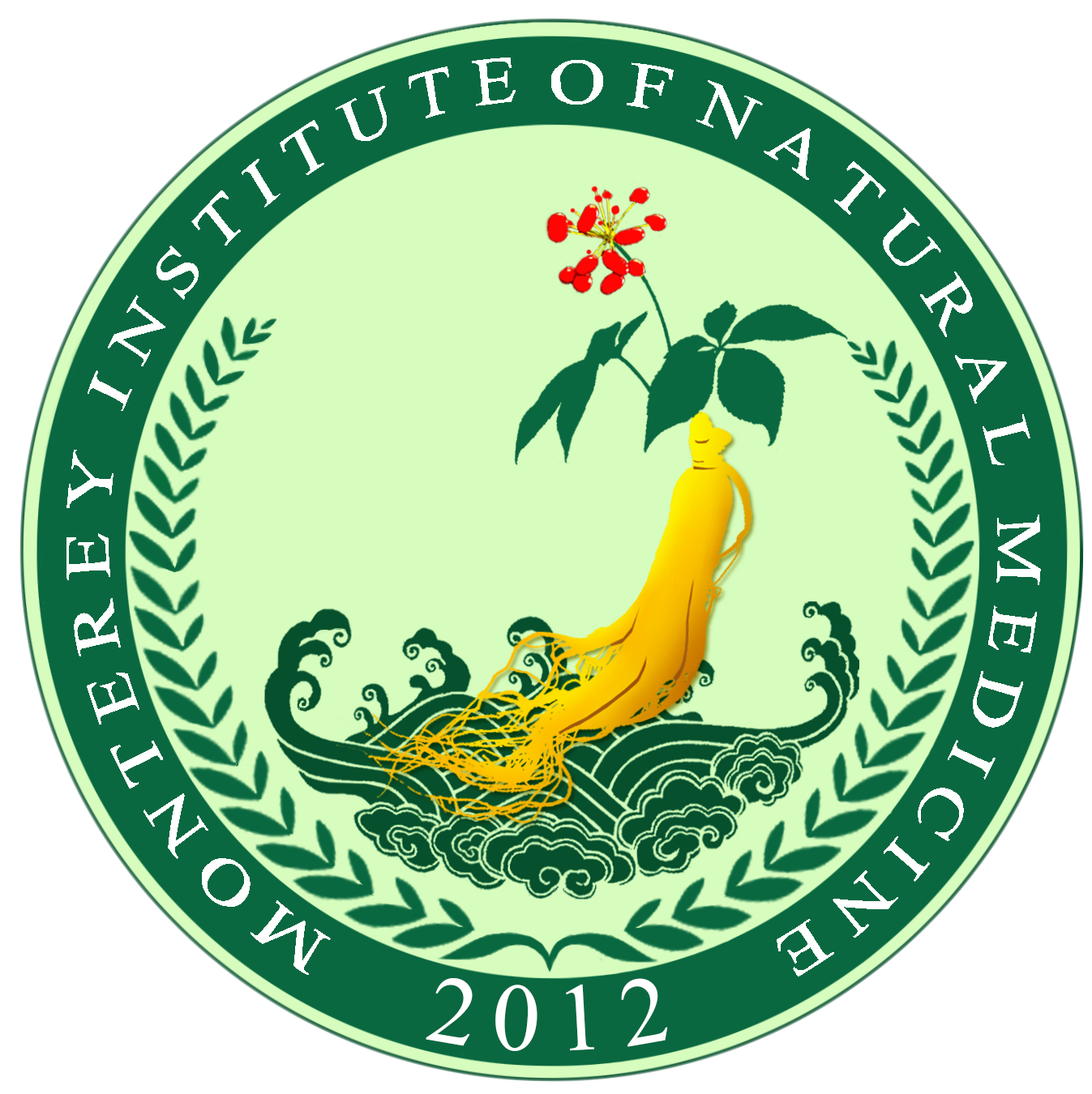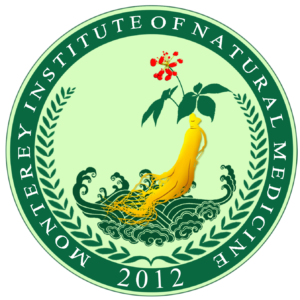Menopause, a natural biological process, marks the end of a woman’s menstrual cycle. It is diagnosed after 12 months without a period and can bring about various symptoms, ranging from hot flashes to mood changes. Acupuncture, rooted in Traditional Chinese Medicine (TCM), is increasingly explored as a therapeutic approach for managing menopausal symptoms. Here’s an understanding of how acupuncture is believed to help treat menopause:
1. Regulating Yin and Yang: In TCM, menopause is often viewed as a yin deficiency which leads to a relative yang excess. This imbalance can result in symptoms like hot flashes and night sweats. Acupuncture aims to restore this balance by nourishing yin and clearing excessive yang, offering relief from these symptoms.
2. Hormonal Balance: The decline of estrogen is a primary factor in menopausal symptoms. While the mechanisms are not fully understood, some studies suggest that acupuncture might influence the endocrine system, promoting a more balanced hormonal state and reducing symptoms like hot flashes and mood swings.
3. Endorphin Release: Acupuncture stimulates the release of endorphins, the body’s natural “feel-good” chemicals. This can help alleviate some of the emotional symptoms associated with menopause, such as depression, anxiety, and mood fluctuations.
4. Stress Reduction: Menopause can be a stressful transition for many women. Acupuncture induces a relaxation response, potentially reducing cortisol levels and promoting a sense of calm, aiding in managing stress-related menopausal symptoms.
5. Improving Sleep: Insomnia and sleep disturbances are common complaints during menopause. Acupuncture is believed to have a positive impact on sleep patterns, allowing for more restful nights.
6. Enhancing Circulation: Proper blood circulation is crucial for overall well-being. Acupuncture can help improve blood flow, potentially alleviating symptoms like cold extremities and supporting overall vitality during menopause.
7. Alleviating Physical Symptoms: Beyond hot flashes, menopause can bring about headaches, joint pains, and more. Acupuncture, by targeting specific points, can provide relief from these physical discomforts, enhancing overall well-being.
In conclusion, acupuncture offers a holistic and non-invasive approach to managing menopausal symptoms. While many women have reported benefits, it’s essential to remember that individual responses can vary. Collaborating with a trained and licensed acupuncturist, and integrating this with advice from healthcare professionals, ensures a comprehensive approach to managing the challenges of menopause.


